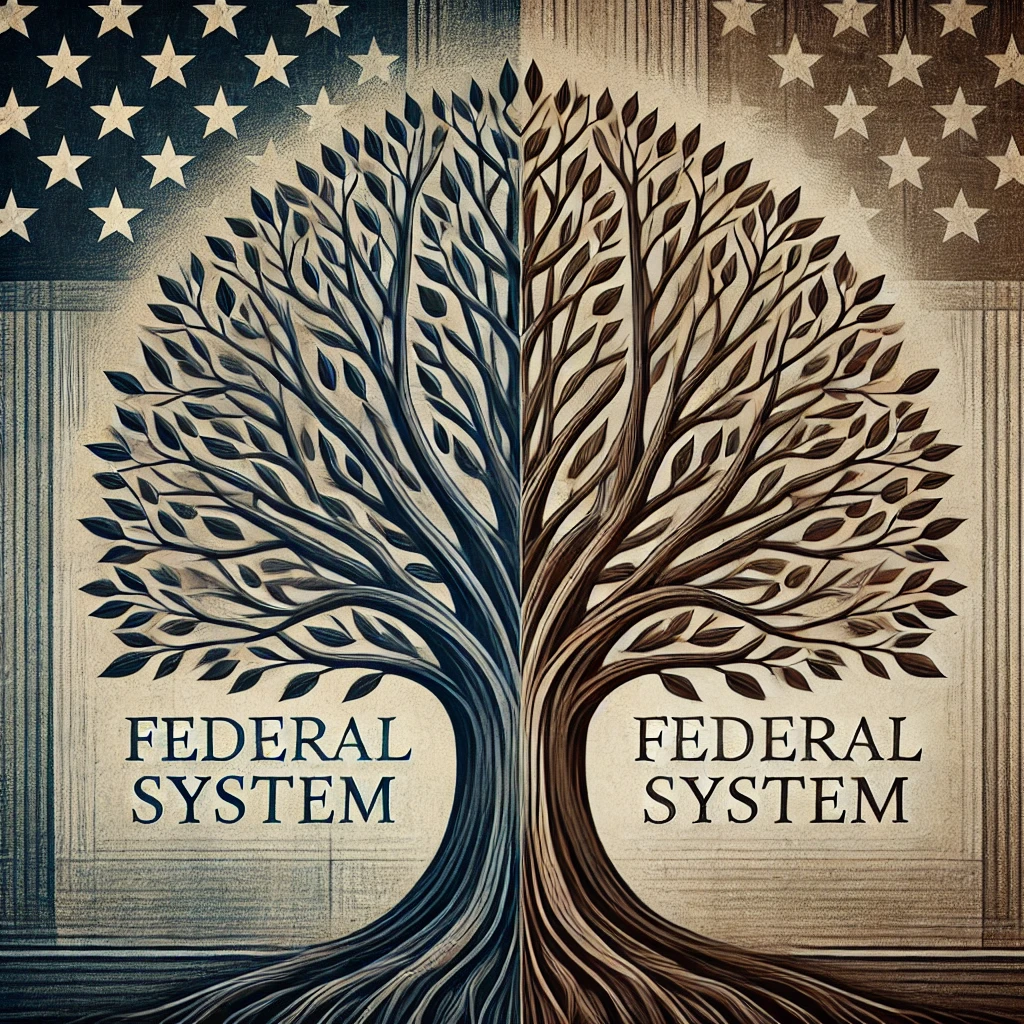In Part 1, we discussed the key distinctions between state and federal criminal charges, including jurisdiction, the nature of offenses, and investigative resources. If you haven’t read it yet, I encourage you to check it out. Understanding the foundation we laid in Part 1 will provide crucial context as we now delve deeper into more of the specifics of federal cases.
What Happens if You’re Charged with a Federal Crime?
Facing federal criminal charges can feel overwhelming, but it’s important to understand how federal prosecutions work and how they differ from state cases. While many assume federal charges always result in harsher penalties, the reality is more nuanced—particularly here in Arizona.
Federal Prosecutions: Key Features
- Sentencing Flexibility and Guidelines
Federal courts operate under the Federal Sentencing Guidelines, which aim to create consistency across the country. However:- Judicial Discretion: Unlike Arizona’s mandatory sentencing ranges for felonies, federal judges have more discretion to deviate from the guidelines, considering mitigating or aggravating factors.
- Probation Possibilities: In Arizona, a prior felony conviction often eliminates probation as a sentencing option for state charges unless negotiated otherwise. In federal cases, courts generally retain the ability to impose probation, even for defendants with prior records.
- Severity Depends on Context: While federal cases often involve complex or large-scale crimes, not all carry harsher penalties than their state counterparts.
- Investigative Power and Resources
Federal agencies, such as the FBI, DEA, and ATF, have extensive resources, including specialized task forces and advanced forensic tools. This can make federal cases more challenging to defend, but a proactive approach is crucial. The best work to protect your rights is to consult with a criminal defense attorney as soon as you believe you are being investigated by law enforcement. - Trial and Prosecution Process
- Federal cases are prosecuted by Assistant United States Attorneys (AUSAs), who typically have specialized expertise.
- Federal rules of evidence and procedure: unsurprisingly perhaps, federal cases follow the federal rules of evidence and procedure, which can vary greatly from the state equivalents.
- Complex Evidence: Federal cases often involve advanced digital forensics, wiretaps, or interstate transactions, requiring a defense attorney skilled in navigating this type of evidence.
Penalties for Federal Convictions
Federal penalties are not always harsher than those for state crimes, but they do differ in several important ways:
- Longer Sentences for Certain Crimes: Federal convictions for drug trafficking, white-collar crimes, or firearms offenses often carry significant prison terms due to their broader implications.
- Supervised Release: Federal courts frequently impose terms of supervised release following incarceration, similar to parole but under federal supervision.
- Fines and Restitution: While state cases also impose fines, federal financial penalties often reflect the national or international scope of the crime.
Overlap and Dual Prosecution
Some offenses violate both state and federal laws, such as drug trafficking or firearms offenses. In such cases:
- Federal charges often take precedence, with state charges potentially being dismissed or deferred.
- Dual Sovereignty Doctrine: It is possible, though rare, to face separate prosecutions in both systems for the same conduct.
What to Do if You’re Facing Federal Charges in Arizona
If you’re charged with a federal crime, the stakes are high, but the process is not insurmountable. Here’s how I can help:
- Early Intervention: Federal cases move quickly, and securing legal representation early can make a significant difference.
- Strategic Defense: Whether challenging evidence, negotiating with prosecutors, or arguing for sentencing flexibility, I’ll work to protect your rights and minimize penalties.
- Local Experience: As a defense attorney licensed in Arizona and experienced in handling federal cases within the state, I understand the nuances of both systems and how they intersect here.
The Bottom Line: Know Your Options
Federal criminal charges are serious, but they don’t always mean harsher outcomes compared to state cases. With the right legal strategy, you can navigate this complex system and work toward the best possible resolution.
Call to Action
If you’re facing state or federal criminal charges in Arizona, don’t wait to seek legal guidance. Contact my office today for a confidential consultation. Whether your case involves local or federal laws, I’ll work with you to build a strong defense and protect your future.
Disclaimer
This blog post provides general legal information and is not specific legal advice. I am licensed to practice law in Arizona, and the information provided here pertains to Arizona law and federal cases within Arizona. Consult an attorney in your jurisdiction for guidance on your specific situation.

